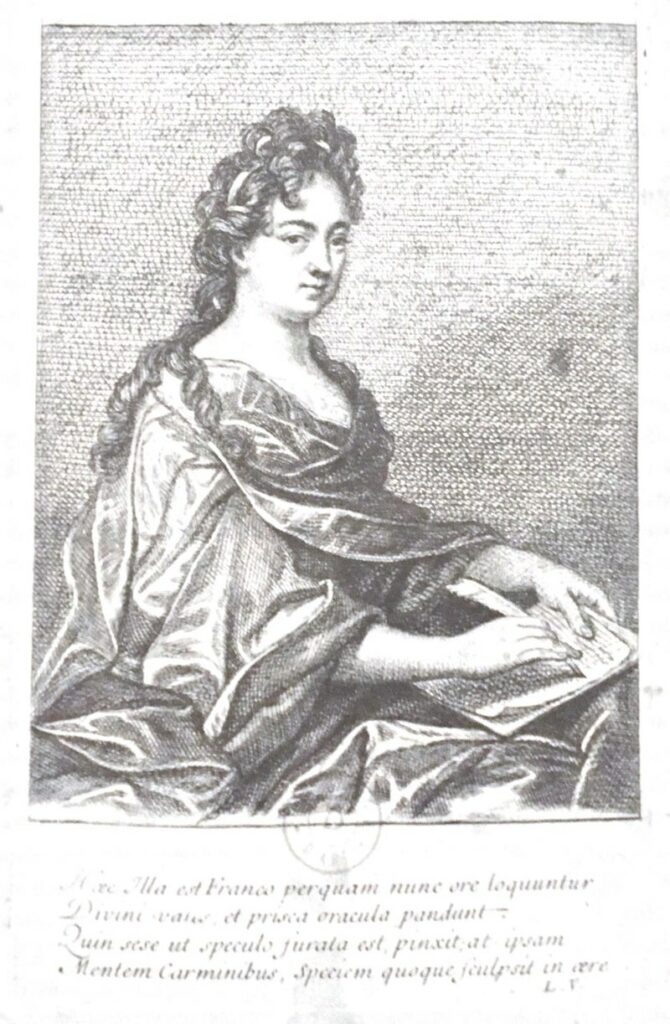
The range of respectable lives for Seventeenth Century women in Europe was sharply restricted. As a young woman Gabrielle Suchon had two options available to her: marry or join the convent. She entered the convent, but at the age of 41 she left the Priory of Saint Hughes in Semur-en-Brionnais to study philosophy and write for the next 30 years. Her first book, A Little Treatise on Ethics and Politics (1693), is a feminist manifesto. In it she advocates for a liberating third option, which she calls “neutralist.” A neutralist lives without the constraint of culturally prescribed norms; her account of this life is based on a conception of human nature, and was in its time radical. Rachel Paine elaborates the philosophical foundations of Suchon’s Little Treatise, and Julie Walsh argues that this and other works of Suchon are worth rediscovering.
